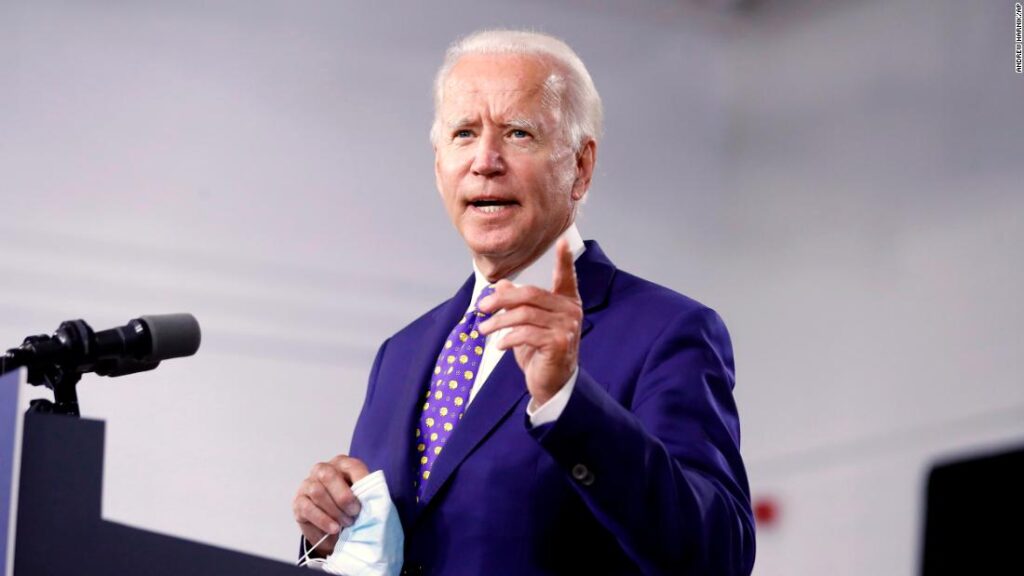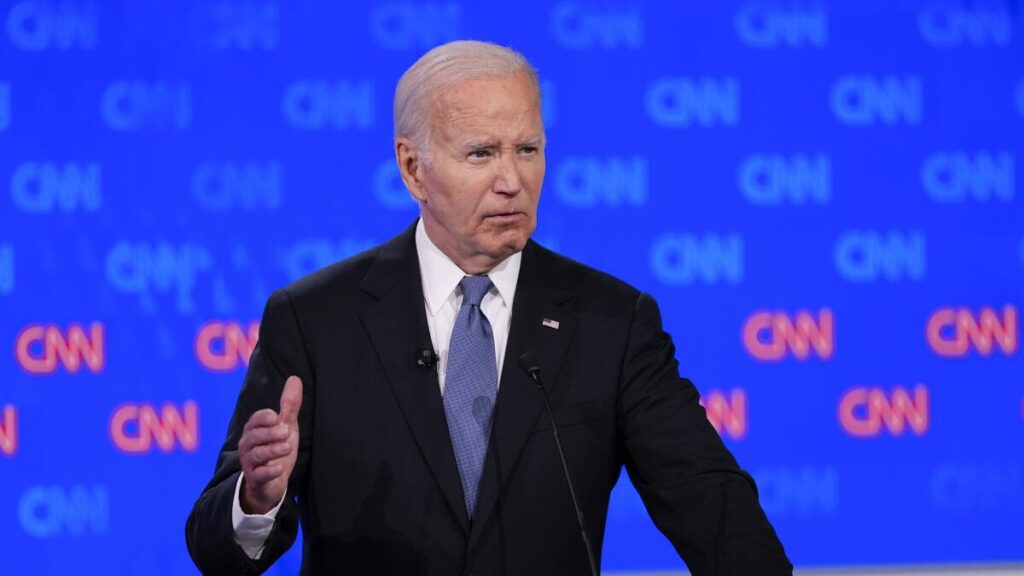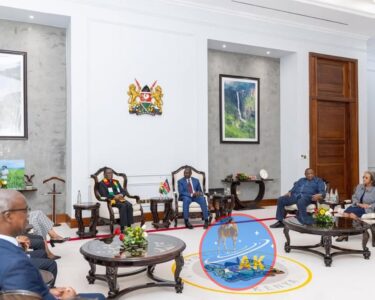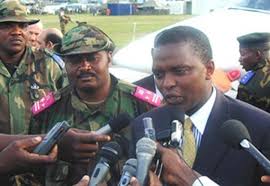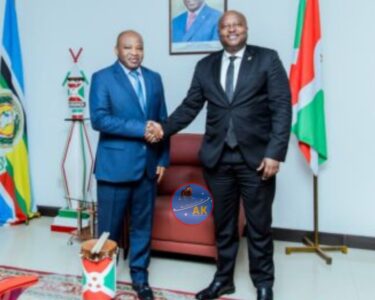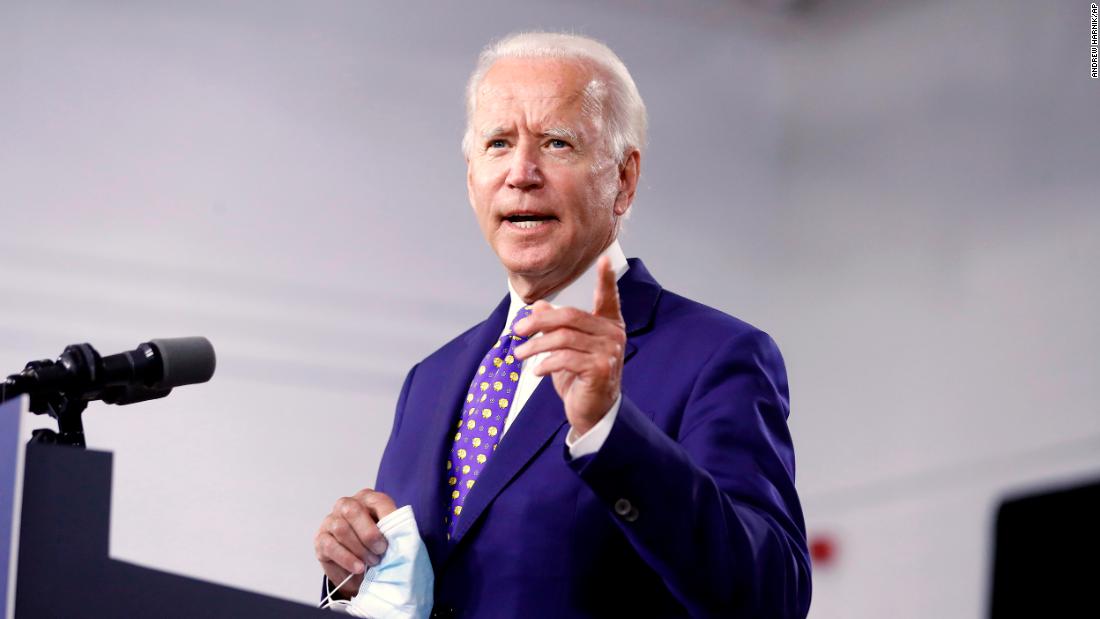
Summary and Analysis for Analyson Congo
Introduction: The Biden administration has shown interest in Africa, but its approach to crises in regions like central Africa, particularly the Democratic Republic of Congo (DRC), remains outdated and ineffective. The article from National Security Journey on August 18, 2024, argues that the real issue in the DRC isn’t the M23 rebel group, but rather the poor governance and rampant corruption that plague the country under President Félix Tshisekedi.
Key Points:
- US Policy on Africa:
- The Biden administration has prioritized Africa rhetorically but has failed to effectively address crises in regions like the Sahel, central Africa, and the Horn of Africa.
- The US approach to the conflict in eastern Congo, particularly concerning the M23 group, is criticized as outdated and counterproductive.
- Background on M23:
- M23 emerged in 2012 as a response to the DRC’s failure to honor a 2009 peace deal, eventually leading to a rebellion for democracy and better governance.
- M23 briefly took control of Goma in 2012, leading to a peace deal in 2013 that saw the group retreat to Uganda.
- The group re-emerged in 2021 as Tshisekedi’s government incited ethnic violence against Congolese Tutsis, leading to M23’s resurgence.
- Misconceptions and Realities:
- The article argues that while M23 is accused of human rights abuses and looting, much of the evidence against them is either exaggerated or sparse.
- In contrast, the Congolese government under Tshisekedi is portrayed as deeply corrupt, with infrastructure crumbling while the president enriches himself.
- Life in M23 Territory:
- The author, who spent time in M23-controlled areas, describes the territory as secure and well-governed compared to areas controlled by the DRC government or other militias like the FDLR.
- M23 is shown as a group that taxes its people fairly, invests in public works, and provides better security and governance than the DRC government.
- Criticism of US Policy:
- The article criticizes the US for continuing to sanction M23 while ignoring the more significant issues of poor governance and corruption in Kinshasa.
- The author suggests that instead of isolating M23, the US should engage with the group to help transition it from a militia to a democratic governing body.
Analysis and Perspectives: The analysis provided by the article challenges the traditional narrative that M23 is the main problem in eastern Congo. Instead, it argues that the real issue lies in the poor governance and corruption of the DRC government, which has led to the rise of groups like M23. The article calls for a reassessment of US policy in the region, suggesting that engaging with M23 could lead to better governance and stability in eastern Congo.
From a Congolese perspective, this analysis highlights the need for internal reform and better governance to address the root causes of instability. It also suggests that international actors, including the US, should focus on supporting good governance and anti-corruption efforts in the DRC rather than solely targeting groups like M23.
Conclusion: The article from National Security Journey suggests that the true path to peace and stability in the DRC lies in addressing the deep-seated issues of corruption and poor governance rather than solely focusing on rebel groups like M23. For Analyson Congo, this perspective is crucial in understanding the broader challenges facing the country and the need for comprehensive reforms to build a more stable and prosperous future.
